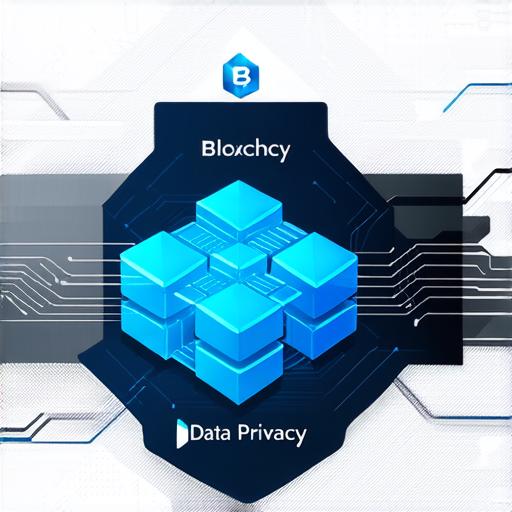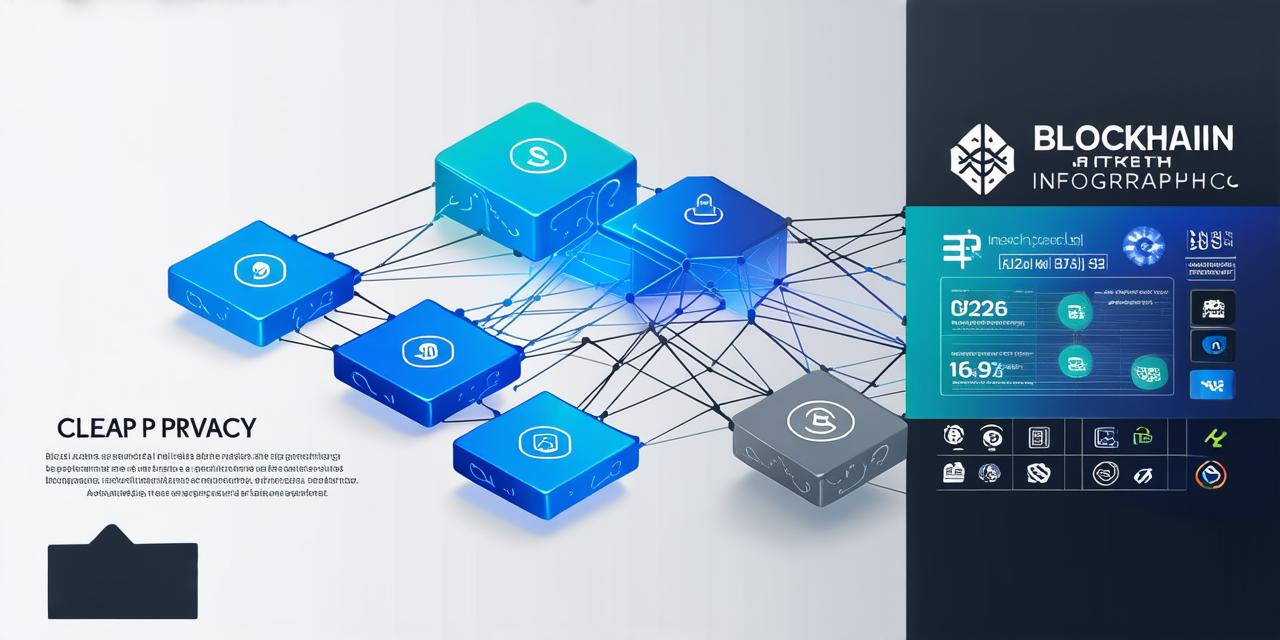Introduction
Blockchain technology has been gaining popularity in recent years due to its decentralized and secure nature. However, one area where blockchain technology is particularly well-suited is data privacy. By its very design, blockchain provides a secure and transparent way to store and share data without the need for intermediaries.

Blockchain and Data Privacy: An Overview
Before we dive into the specifics of different blockchain platforms, it is important to understand how blockchain supports data privacy. At its core, blockchain technology consists of a decentralized network of nodes that maintain a shared ledger of transactions. This ledger is immutable and transparent, meaning that once data is recorded on the blockchain, it cannot be altered or deleted without the consensus of the network.
This decentralization and transparency make blockchain an ideal platform for data privacy. By storing data on the blockchain, users can ensure that their data is secure and tamper-proof. Additionally, because the blockchain is transparent, users can see exactly who has access to their data and when it was last accessed.
Comparing Blockchain Platforms for Data Privacy
Now that we have a basic understanding of how blockchain supports data privacy, let’s take a look at some of the most popular blockchain platforms and compare their features and capabilities in this regard.
1. Bitcoin
Bitcoin is the original cryptocurrency and the first blockchain platform. While it is primarily known for its use as a digital currency, it also has some features that make it suitable for data privacy. For example, Bitcoin uses elliptic curve cryptography to secure transactions, which is considered more secure than traditional public-key cryptography. Additionally, Bitcoin’s decentralized nature means that there is no central authority controlling the network, which can help to prevent data breaches and other security threats.
However, one downside of Bitcoin is its limited scalability. Due to its high transaction volume, Bitcoin can struggle to process large amounts of data quickly. This can make it less suitable for use cases that require real-time data processing, such as supply chain management or financial services.
2. Ethereum
Ethereum is a popular blockchain platform that is designed specifically for building decentralized applications (dApps). It uses a virtual machine called the Ethereum Virtual Machine (EVM) to execute smart contracts, which are self-executing programs that can automate complex processes. This makes Ethereum a powerful tool for data privacy, as it allows users to create custom smart contracts that can be tailored to their specific needs.
In addition to its smart contract capabilities, Ethereum also has some built-in privacy features. For example, it supports zero-knowledge proofs, which allow users to prove the validity of a statement without revealing any additional information. This can be useful for applications that require users to verify their identity without revealing sensitive information.
3. Hyperledger Fabric
Hyperledger Fabric is an enterprise blockchain platform that is designed specifically for business use cases. It uses a modular architecture that allows organizations to customize the network to suit their specific needs. This makes it well-suited for applications that require strict data privacy and security, such as supply chain management or financial services.
One of the key features of Hyperledger Fabric is its support for private channels. These channels allow organizations to share data with each other securely and privately, without the need for intermediaries. This can be useful for applications that require real-time data processing and analysis, such as fraud detection or risk management.
4. Corda
Corda is a blockchain platform that is designed specifically for financial services use cases.
